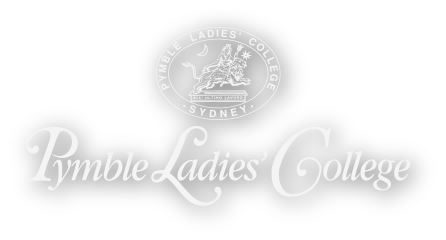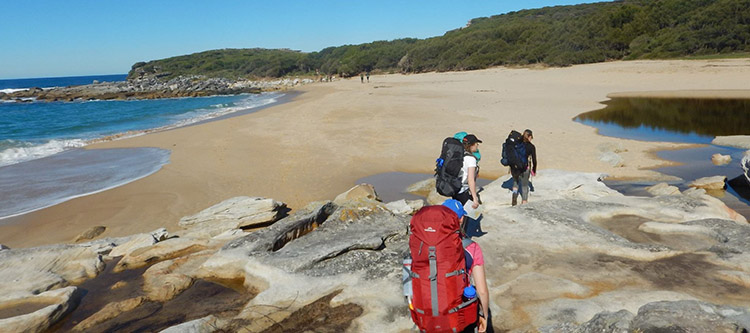Experiential Learning: The what, when, how, where and, most importantly, why?
Friday 2 October, 2020
In his article “Experiential Learning: The what, when, how, where and, most importantly, why?” in Pymble’s latest research journal Illuminate, Stuart Clark explains the rationale behind Experiential Learning, its theory and how to execute the practice, and why it is a vital part of the College curriculum.
As Pymble’s Director of Experiential Learning, Mr Clark is passionate about bringing exciting and challenging programs to life for students and observing the resulting personal growth. Reconnecting students to the wilderness and developing a sense of stewardship in them for the natural world is key in this pursuit.
“Experiential education is a teaching philosophy that informs many different methodologies that educators use in their craft,” Mr Clark writes.
Experiential learning takes students out of the traditional classroom setting, where they will benefit from its framework of adventure and challenge.
“In experiential learning, educators purposefully engage with learners in creating and facilitating direct, concrete experiences that challenge the learners to communicate and collaborate with others to problem solve, achieve a goal, possibly to face fears and anxieties, and challenge preconceived notions of the world and of themselves.”
Pymble’s curriculum incorporates experiential learning in a variety of ways.
“Some programs are ingrained as part of the standard experience of each student in a specific year group, such as the Year 10 Service Learning program and the Year Group Outdoor Education programs which currently run from Kindergarten to Year 9, and others are optional allowing students to tailor their journey, and choose their own adventure,” Mr Clark writes.
“Further, many teachers across a range of curriculum areas actively seek ways to use experiential learning techniques in their practise on a daily basis. Naturally, some curricula provide more opportunities than others to tap into the powerful techniques available beyond teacher-centred education. An example of this from Mathematics is the work (Mathematics teacher) Bryan Morrison does with Secondary students in surveying.
“Other programs with an experiential learning foundation available to Pymble students occur through the Co-Curricular program, including Robotics, the Pymble Model United Nations (PMUN) program, the International Duke of Edinburgh’s Award and the Australian Army Cadets program. These programs put students in situations where they are challenged to push their boundaries, build personal attributes and life skills, and learn from setbacks and failure.”
Click here to read the full article on page 16 in Edition 4 of Illuminate.



